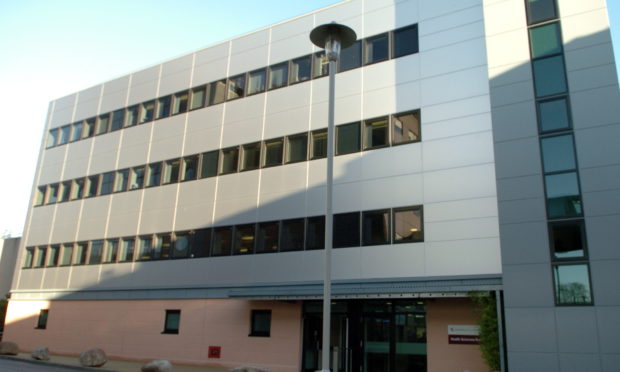Scientists in Aberdeen are to share up to £400,000 to help research into the UK’s most pressing health issues.
Experts at the Aberdeen Centre For Health Data Science will use the funding to address the biggest challenges in health and care services locally and nationwide.
Specialists from Aberdeen University and NHS Grampian are among those contributing to the work, initially funded for two years.
The money is from independent charity the Health Foundation, to bring the north-east expertise into its networked data lab.
NHS Grampian consultant and Aberdeen centre co-director Prof Corri Black said: “The Networked Data Lab programme will enhance our local relationships demonstrating the benefits of data informed decision making where the local context and knowledge is so important.
“It will also enable us to work together at scale across the network to address the big challenges in health and care.
“The recent experiences with Covid-19 has demonstrated the real need for both approaches.”
Research will be used to help authorities understand complex issues, such as as how best to mitigate the impact of Covid-19 on shielding vulnerable people.
Assistant data analytics director at the Health Foundation Sarah Deeny added: “Data has played a fundamental role in understanding the challenges presented by the virus and in finding innovative ways to solve problems.
“But these complex challenges extend beyond the current crisis – the same innovation will be needed in future to ensure that health and care services meet people’s needs.”










